- Home
- Food Addiction
Food Addiction – Here Are the Facts
The First Great Question...
What is the difference
between food addiction and sugar addiction?
As it turns out, nothing.
If you have an addiction to food, you most likely have an addiction to sugar.
The subject of sugar and food addiction is very near and dear to my heart. Because maybe like me, when you start a weight loss program it’s not long before you’re right back into your old ways, sabotaging your efforts every single time! What gives?! In those cases, I’ve wondered if some other powerful force is in play.
Food Addiction... Is It Possible?
Can food be an addiction? The simple answer is “yes”. You can be addicted to food just like anyone can become addicted to drugs or alcohol.
Usually, that food is highly processed, and contains a combination of refined carbohydrates, fat, sugar, and salt. Think of pizza, pasta, chips, and sweets. Those are the types of “food” that have the most addictive properties.
It’s like the old TV advertisement that said, “Bet you can’t eat just one!” Junk food is addictive.
So… if you find yourself elbow-deep in a box of cookies after promising yourself you’d only eat one or two, it’s possible you have an addiction to that food. Can’t stop at just one large slice of pizza? Ate an entire family size bag of corn chips without even being conscious of doing it? Classic!
Behaviors
There are many behaviors that point to food or sugar addiction. You go out of your way to get your preferred food. You may hide it or hoard it. You eat it when no one is looking. Maybe you’re eating it in secret because you feel so much shame.
Sometimes you feel immense regret after consuming certain foods. In effect, you’re behaving just like someone with an addiction. You find you can’t help yourself. You get cravings for it, and you’ll do just about anything to get it! Sound familiar?
There’s no way you can stick to any diet if you continue to consume foods that trigger you to keep eating them. Battling an addiction while still consuming the food that creates cravings is a losing battle. Tap or click here to learn more about the signs of sugar and food addiction.
What About Moderation?
Someone with an addiction to sweets and junk food cannot eat in moderation. Telling a person with food addiction to have a small slice of cake is like telling someone addicted to cocaine to just have a small snort of coke. Or like offering someone with an alcohol dependency to have just one beer this one time. Moderation doesn’t work.
People ask us why we can’t just eat in moderation. That works great if you’re a “normie”. It doesn’t work for a person with addiction to food.
Believe me, I have tried moderation for over 40 years. It. Does. Not. Work. And YES, I have an addiction to sugar. That’s why overcoming sugar and food addiction is very near and dear to my heart.
What's Eating You?
Beyond undermining our weight loss efforts, food addiction takes a toll on our emotional and mental wellbeing. It eats away at us. Those of us who suffer from food addiction can experience low self-esteem, anxiety, depression and feelings of shame and guilt. We excel at everything in our lives and yet we wonder, “Why can’t I control this crazy behavior?”
We end up feeling like “losers” and “failures”. And of course, that drives us back to the comfort of food. We just choose to “drown our sorrows” in a bag of chocolate covered pretzels instead of booze.
Why Can’t I Help Myself?
What’s in junk food
that makes it so deliciously addictive and yet so bad for us? Why do we find these foods so enticing and
crave more and more? Truth is, these
foods are designed to be addictive!
Food manufacturers have teams of chemists known as food designers, who develop just the right combination of chemicals to get you hooked on their products. The combination of ingredients, which includes salt, sugar and fat is referred to as the “bliss point”.
Those ingredients drive up the deliciousness factor. Then, by adding in the right textures, like crunch or gooey-ness, you’ve got yourself a little “crack” thing going on in your brain. Yes, your brain is now awash in “feel good” hormones. Booyah! Bam! I want more of THAT! I’ll discuss this in detail later in this page, so stay with me.
This type of food provides no nutritional value. It’s nutritionally devoid of anything resembling healthy food. In fact, it’s ANTI-nutrient.
But your brain, which lights up like a Christmas tree at the first bite, wants to experience that “feel good” high again and again. It wants more and more and in no time, you’re snacking and bingeing on this “food” way more than you intended.
What About Binge Eating and Food Addiction?
Wait a minute!! Is bingeing and food addiction the same thing? If I'm a binge eater does that mean I don't have an addiction? That wouldn't be so bad would it? That's a great question...
I've written about the subject of food addiction and binge eating. You can find it and learn more by clicking or tapping here.
A Book to Devour
The Dorito Effect
In his book, "The Dorito Effect – The Surprising New Truth About Food and Flavor", Mark Schatzker describes junk food as “food that tastes like something it is not.” A well-researched and entertaining page turner, The Dorito Effect goes in-depth into what is going on with our food supply and what we can do about it. I highly recommend it if you want to fully understand what makes junk food so addictive.
Our days are filled with stimulating cues and triggers that can entice us. Just walk through a mall and you’re assaulted by the smell of freshly baked cinnamon buns. Or simply walking downtown to get to the office and the sights and smells from food vendors are enough to knock you over!
Beyond Physical and Mental Health
Addiction to food and
sugar can strain other areas of our lives beyond our physical and mental
health. Our personal relationships can suffer in many ways. Professional
progress can be hindered. And overall quality of life can hang in the balance.
Being preoccupied with food and dieting and weight loss or gain, is not normal. People who aren’t addicted don’t spend time and energy entertaining these invasive thoughts. They don’t obsess the way we do.
Getting All Science-y
So, what’s happening in your brain when you eat sweet, processed food? Here’s the scoop.
When you eat sugar or processed food laced with sugar, your brain releases a neurotransmitter that produces pleasure. This neurotransmitter is called dopamine. Dopamine, serotonin, norepinephrine, and the endocannabinoid system, are all involved in reward, motivation, and pleasure.
Our brains are wired to seek out pleasure and avoid pain. It’s a primitive wiring system that hasn’t changed in millennia. Pleasure and pain are co-located in the brain which means the same parts of the brain that process pleasure also process pain. Huh? Who knew?
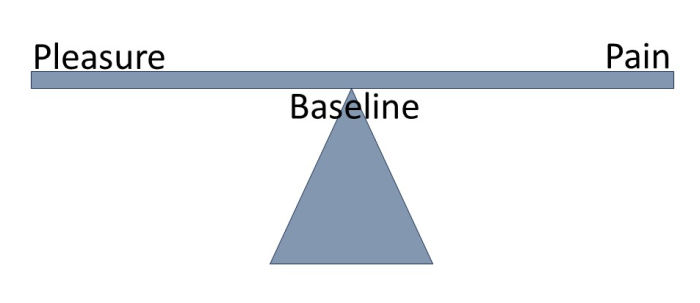
It's All About Balance...
So now, imagine a teetertotter board. Pain sits on one side and pleasure sits on the other. When the board is level, everything is normal and in balance. Let’s call that the baseline. If we’re very happy the board tips one way. If we’re in pain it tips the other way. Our brain likes it best when the board is level, so it works reflexively to restore balance. That’s called homeostasis.
Dr. Anna Lembke tells us we can measure the value of dopamine against a baseline. For instance, chocolate scores 55 percent above baseline, while sex scores 100, nicotine 150, cocaine 225, and methamphetamines 1000+. The higher the number the greater the potential to become addicted.
The numbers do not indicate how addictive the substance is. What makes the substance potentially addictive is how much dopamine is released in the brain as a result of consuming the substance. In an addicted brain a piece of chocolate may generate more than the 55 percent that is normally produced.
And Getting Out of Balance
Here’s what happens. You eat a piece of chocolate. Almost immediately after eating that piece of chocolate, dopamine increases along with pleasure. But the brain will down-regulate dopamine transmission and receptors not just back to baseline but slightly below which triggers a craving for more chocolate to stop the pain.
If we wait and ignore the desire for the chocolate, everything will return to balance. No more desire. This is referred to as an opponent mechanism process. It’s the way we restore homeostasis after any pleasurable experience. For every pleasure there is an equal and opposite experience. That’s how the brain gets back to a neutral level.
However, repeated exposure to the same or similar pleasurable stimulus renders the initial pleasure response weaker and shorter while the after response of pain gets stronger and lasts longer. That’s referred to as neuroadaptation. With repeated exposure it gets worse and worse. And, if we do this often enough, we literally change our brain.
Your Brain Changes
How does our brain change? Something referred to as the hedonic/joy set point is re-set which means we’re in a chronic dopamine deficit state. Being in a chronic dopamine deficit state means you are now craving relief from pain by consuming whatever it is that gives you pleasure. In our case, that’s sugary, salty, fatty food which has been designed to provide you relief by satisfying your “bliss point”.
That’s what’s going on in the addicted brain. And that’s what leaves us prone to relapse, cravings, anxiety and so on.
Dopamine Nation
I highly recommend reading Dr. Lembke’s book Dopamine Nation. You can find a short review of the book by clicking or tapping here.
All Is Not Lost!
The brain is amazingly powerful. With enough abstinence and available
neuroplasticity, the brain can rebalance and heal. However, the balance is
never quite what it used to be which means any relapse can plunge the person back into full blown addiction very quickly.
To deal with food addiction, the best solution is to adopt a diet that is devoid of sugar and low in carbohydrates. It sounds so simplistic, and it is. But it’s not easy to do, especially in the beginning.
So, there is hope and there are solutions. Knowledge is power, and knowing why you or someone you love may be addicted is an important first step. Being aware and understanding the problem leads the way to making the next right decision. As we all know, we can’t fix a problem that we cannot see.
The Important Next Steps
The next right step is
to find out for certain if you’re actually addicted to sugar. A SUGAR® assessment will provide a
professional diagnosis and appropriate recommendations.
Getting professional help for guidance and support is a game changer. Even though you now know what to do, you probably need help with how to do it.
Abstinence is an important first step to getting better. Working with a professional food addiction specialist will help you the rest of the way.
You can learn more about my services here. Or...
If you prefer you can learn more by going to my How to Successfully Quit Sugar page.
Great Reads
Let me suggest the following books. These books have been a great source of information for me, and I believe you’ll enjoy them as much as I did.
Metabolical
According to experts like Dr. Robert Lustig, sugar is not only addictive, but also a killer and promoter of most of our modern illnesses. In his book, "Metabolical – The Lure and Lies of Processed Food, Nutrition and Modern Medicine", Dr. Lustig discusses the toxic nature of what sugar and processed foods do to the human body and brain.
Food Junkies
Dr. Vera Tarman’s book, "Food Junkies – Recovery from Food Addiction", discusses the triggering effects of junk food and the challenges of navigating life as someone with a food addiction in a junk-food filled world.
You Are Well Informed
Since you have read this
far, you now know more about food addiction and sugar addiction than most
people. I hope this information helps
you move forward if you suspect that you are fighting an addiction battle.
I'm here to help you if that makes sense for you. You can find my services by clicking or tapping here.
For your shopping convenience I have provided links to Amazon. When you use these product links to make a purchase I earn a teensy weensy commission which doesn't cost you anything at all. Please do not feel obligated to purchase anything using these links.
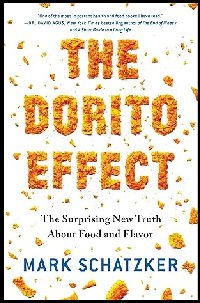
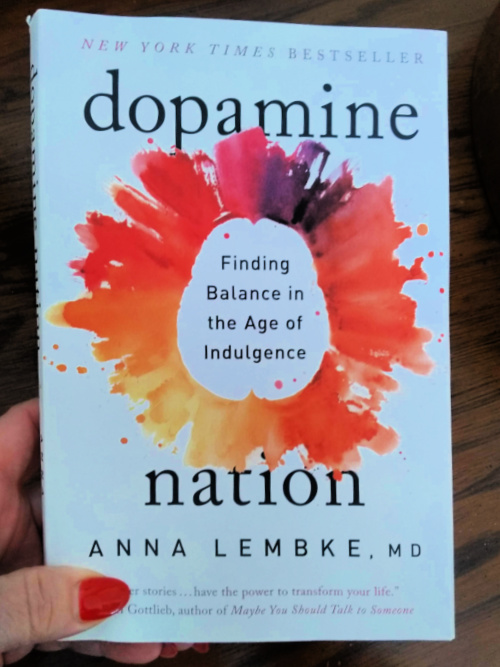
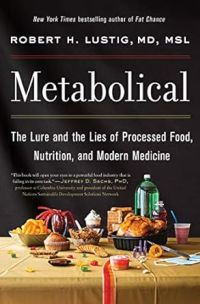
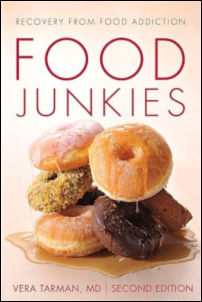
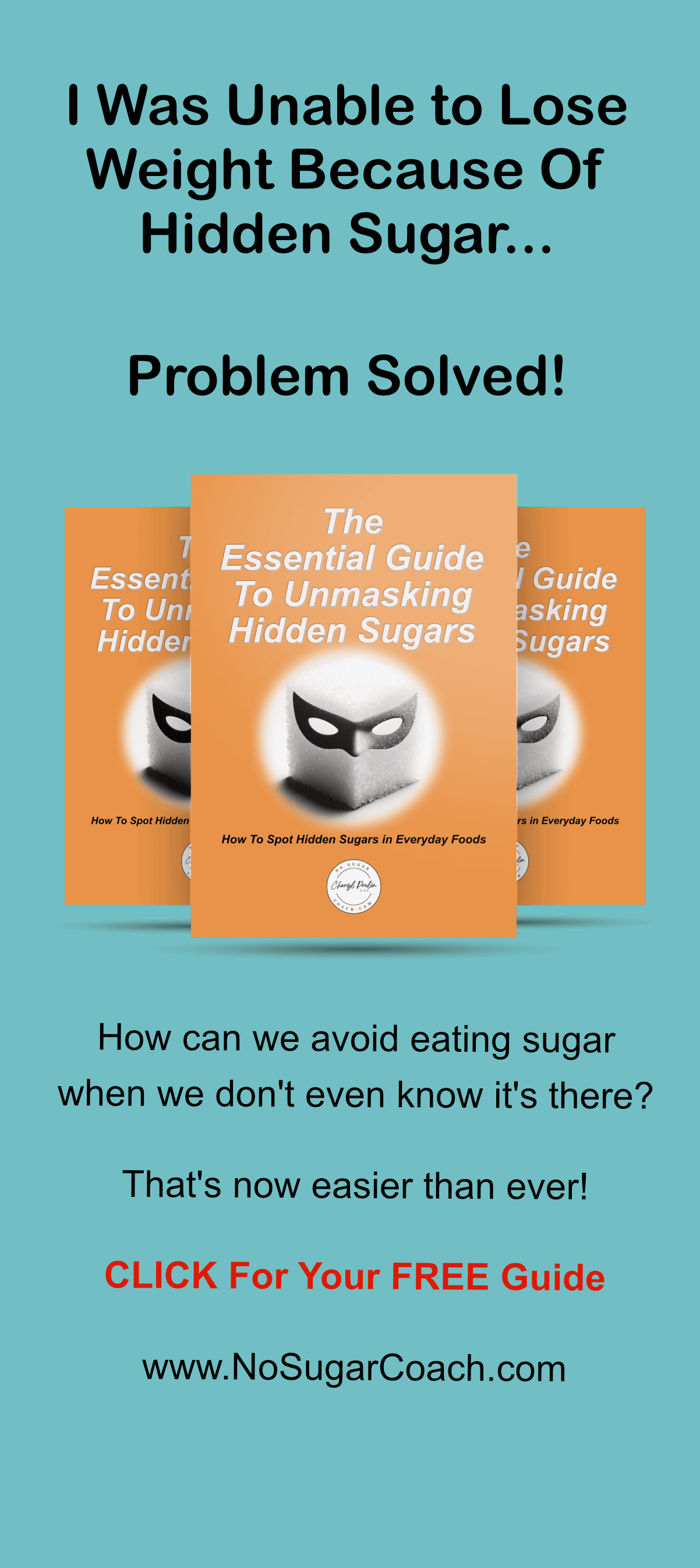
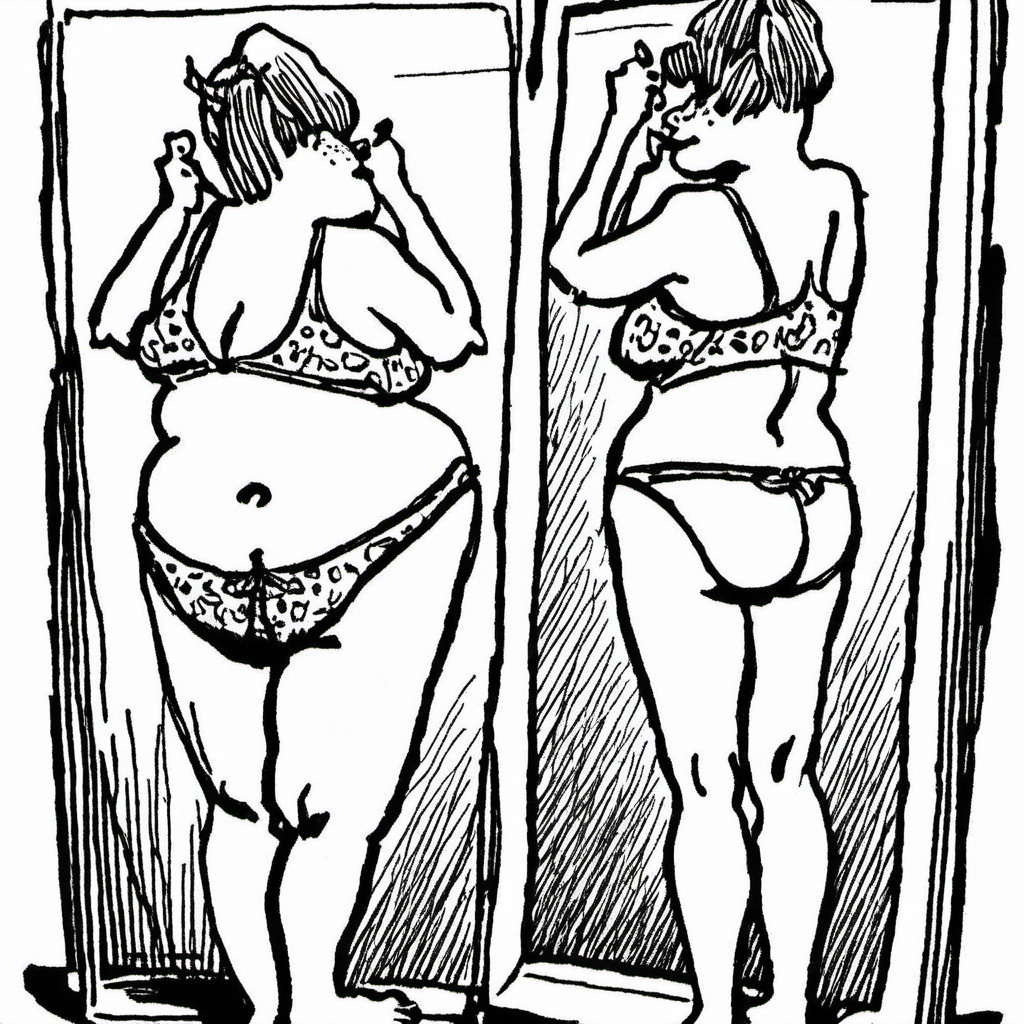
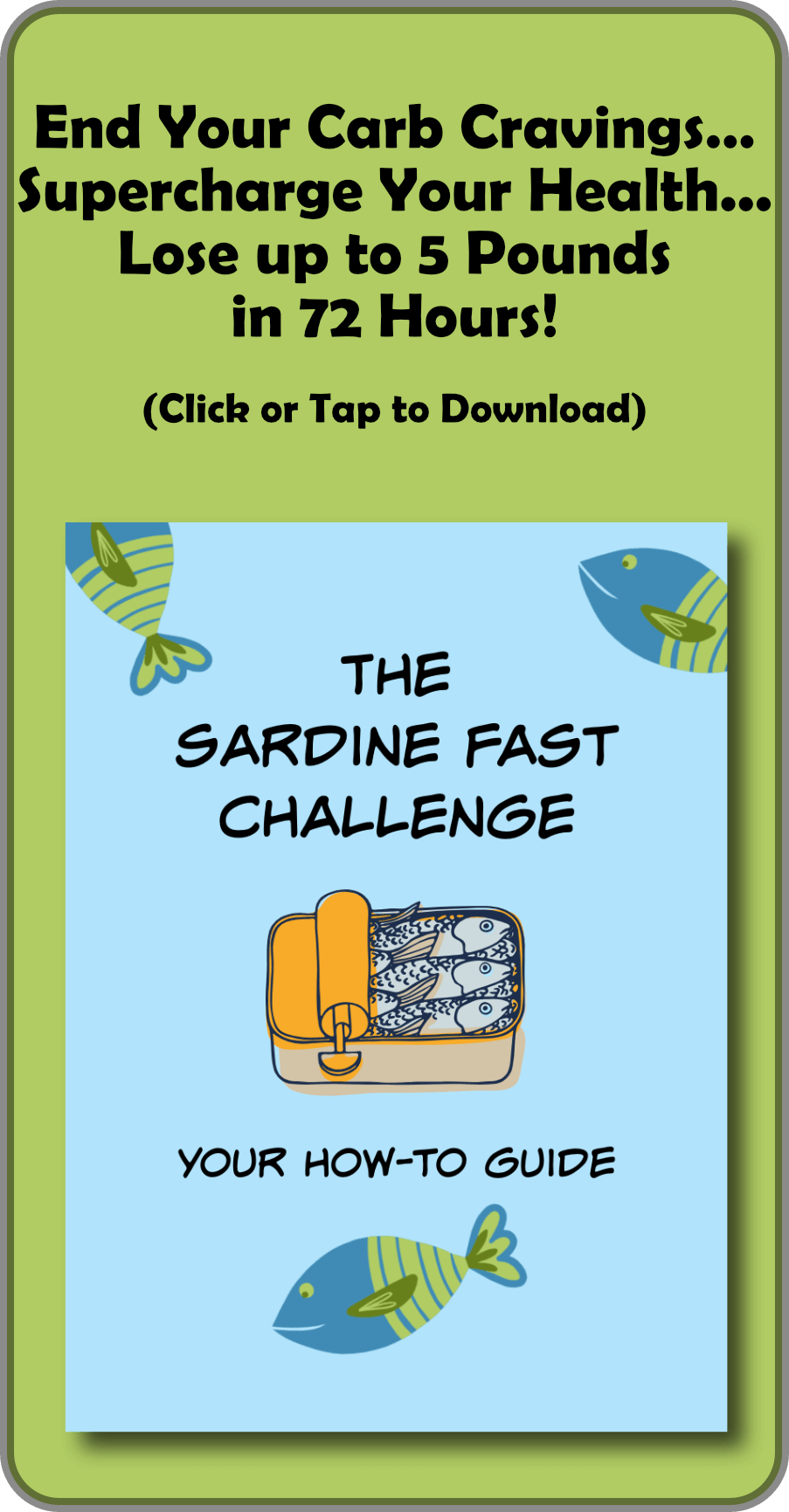
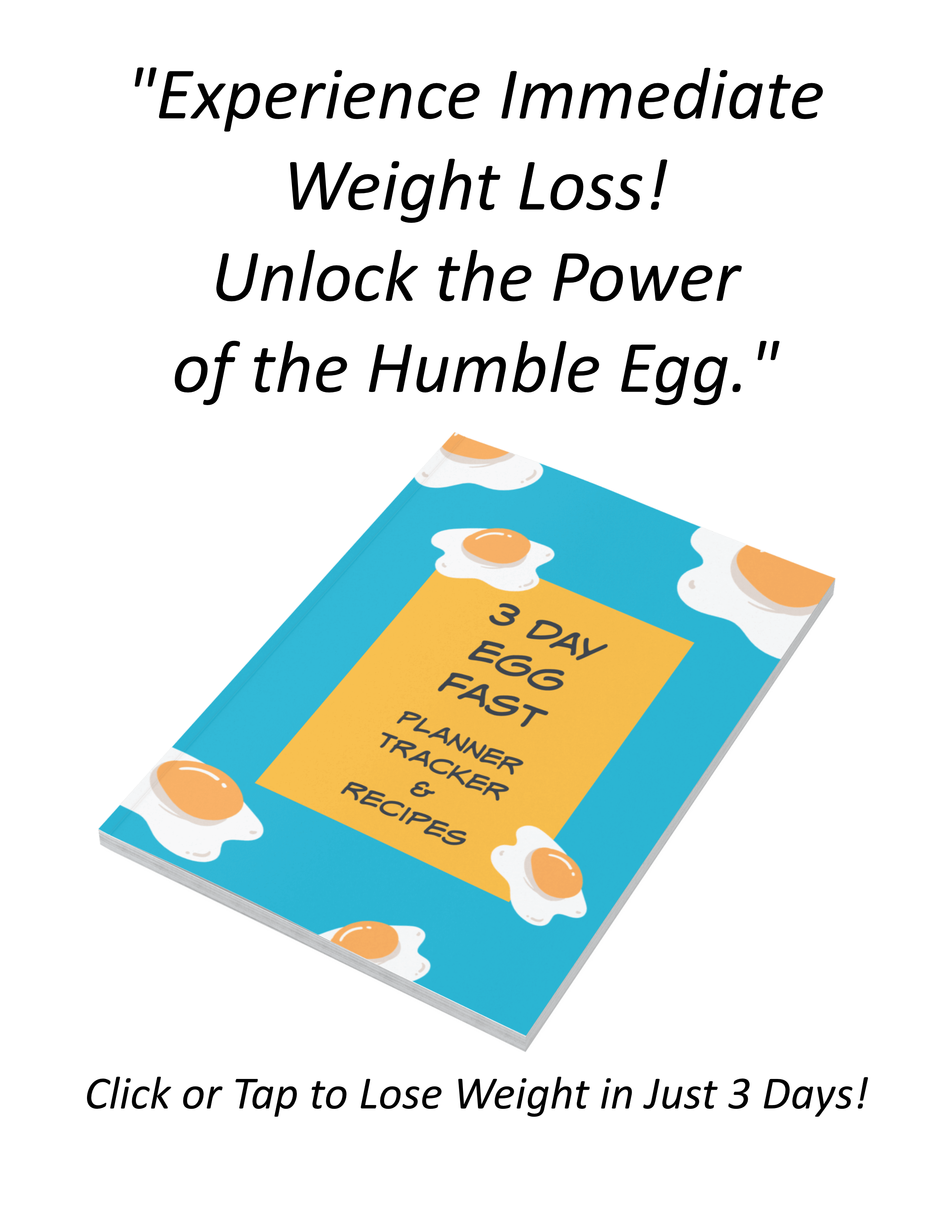

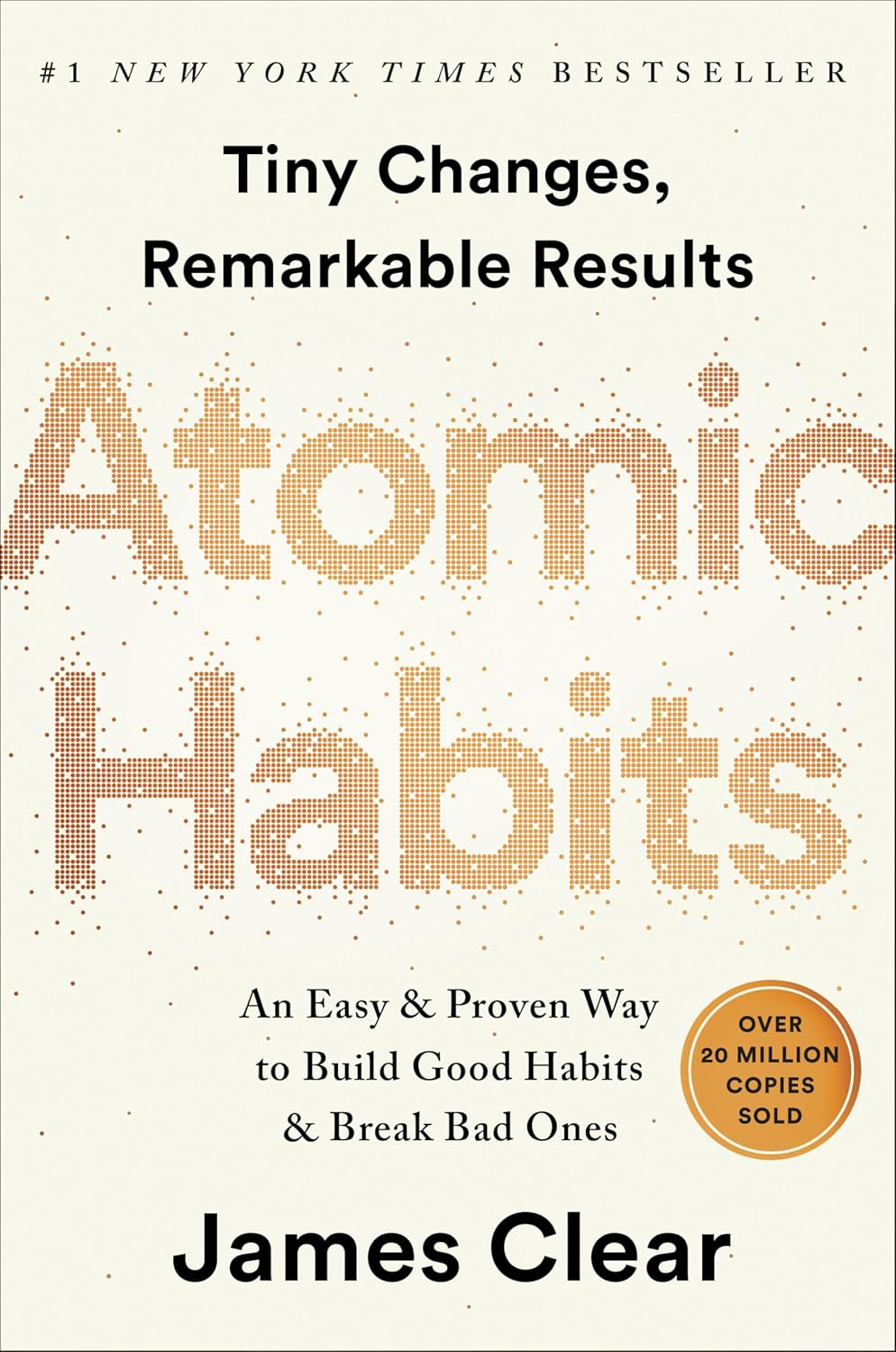
New! Comments
What do you think about what you have read on this page? I'd love to know! Leave me a comment in the box below.